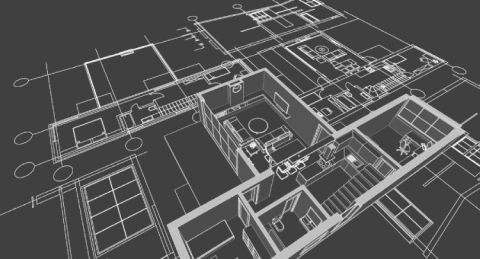Support you can trust
Our customer-focused Help Centre is here to help you with expert product information and connect you to our certified partners.
Download manuals and troubleshooting guides for your products and gain insights on what to consider when choosing for your home.
Download manuals and troubleshooting guides for your products and gain insights on what to consider when choosing for your home. h2
Dimplex Help Centre
Our online help centre is home to the most useful information including quick guides, FAQs, and product information. Knowledge articles cover each product category guiding you through troubleshooting and care instructions.
Online process to manage guarantee periods for all Dimplex periods
Whether you’re working on a new build, refurbishment, or commercial project, Dimplex is committed to supporting you each step of the way and being your reliable partner. We are here to provide the support and guidance you need to make every installation a success.
installer hubWith over 70 years of trading experience and a dedication to innovation and sustainability, Dimplex continues to provide award winning services across multiple sectors to their customers.
why choose dimplex?
Migraine Awareness Week
Migraines are a pain, quite literally. If you are a sufferer then you know all too well that they can render you useless – interrupting your work life, family life and everything in-between.

Why Part L compliance is important to Dimplex
Electric heating is a popular system, especially useful for flats and apartments, student accommodation, care homes and social housing. However, electric heating systems have come under increasing pressure from building regulations, in particular concerning Part L.

Part L and the UK’s Zero Carbon Future
The global consensus of the science underpinning the ‘Paris Agreement’ that entered into force on 4 November 2016 recognises the need to get to zero carbon emissions. But changing how millions of people live is a rather special kind of problem - the forces that shape our lives exist on many different levels. More than anything, the barriers to change are psychological, social, economic and political.











